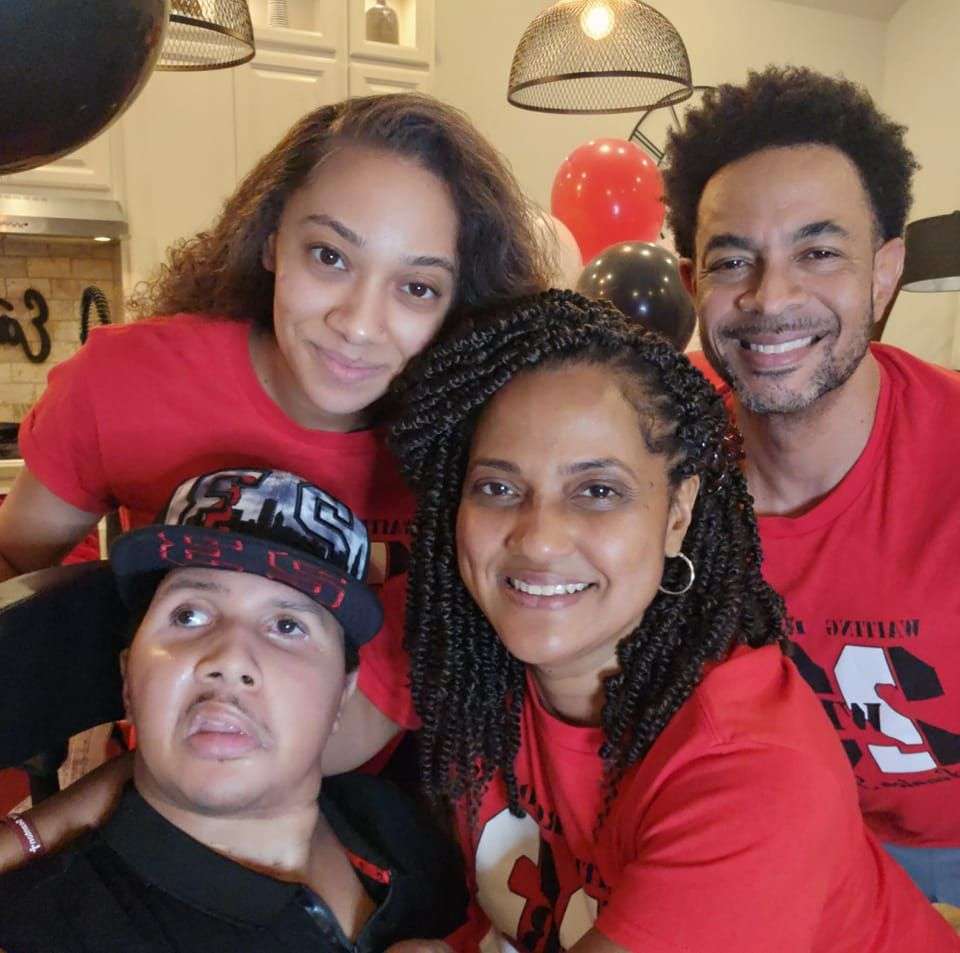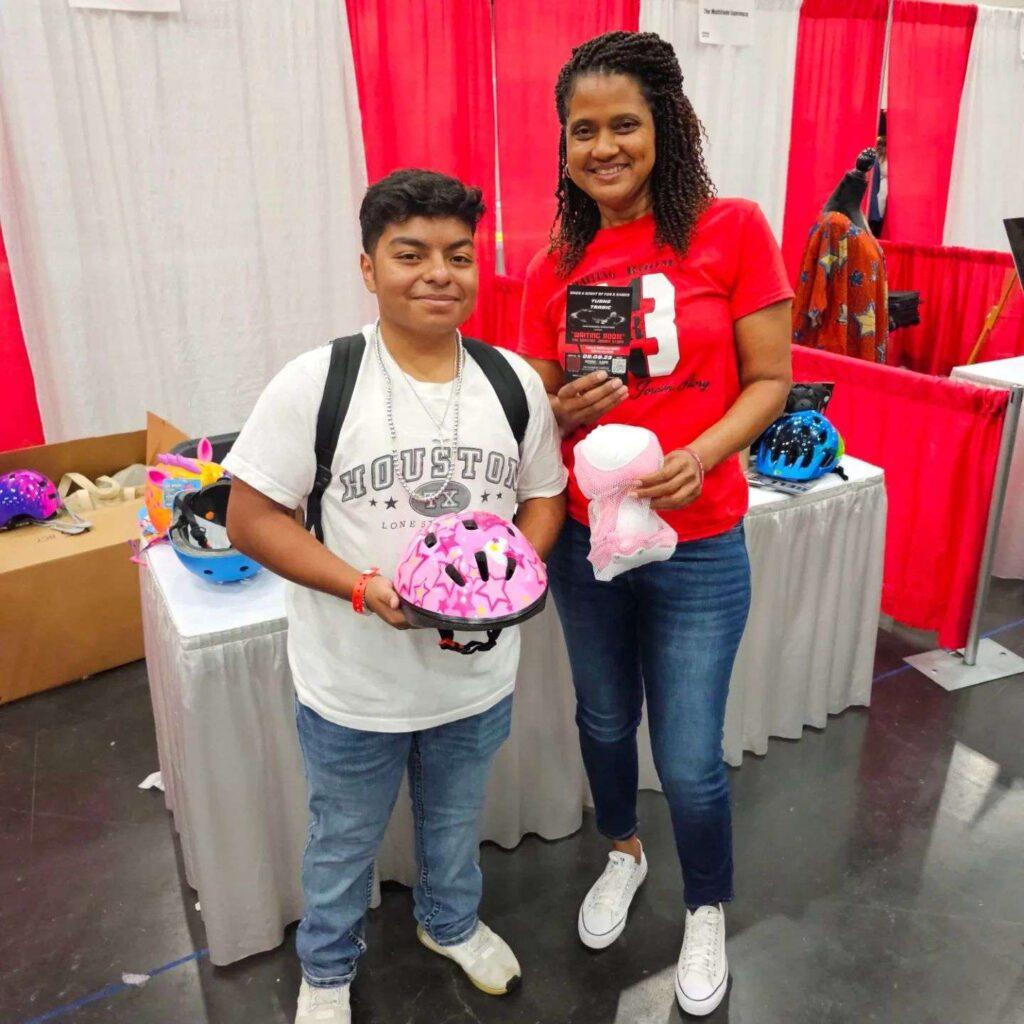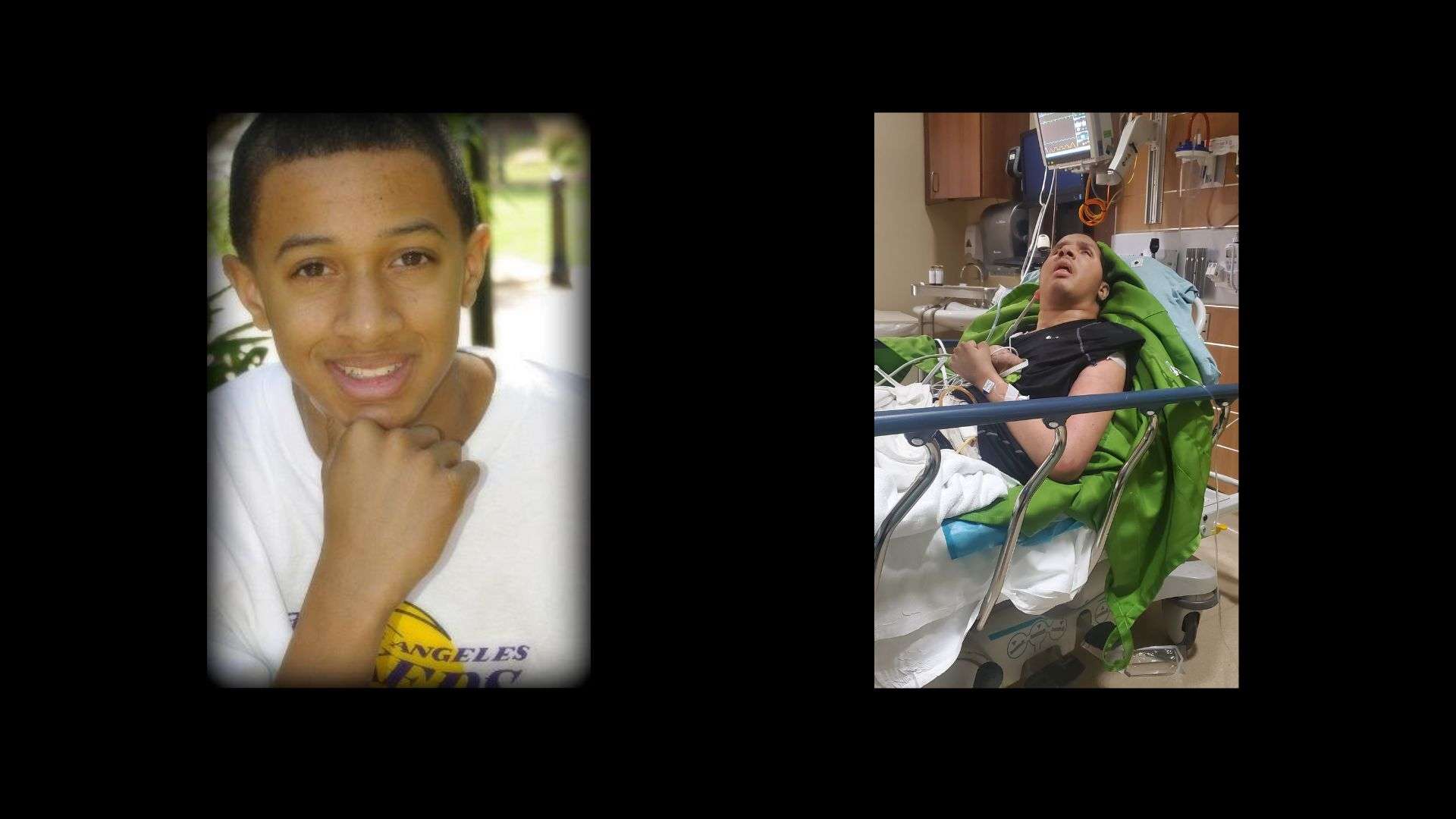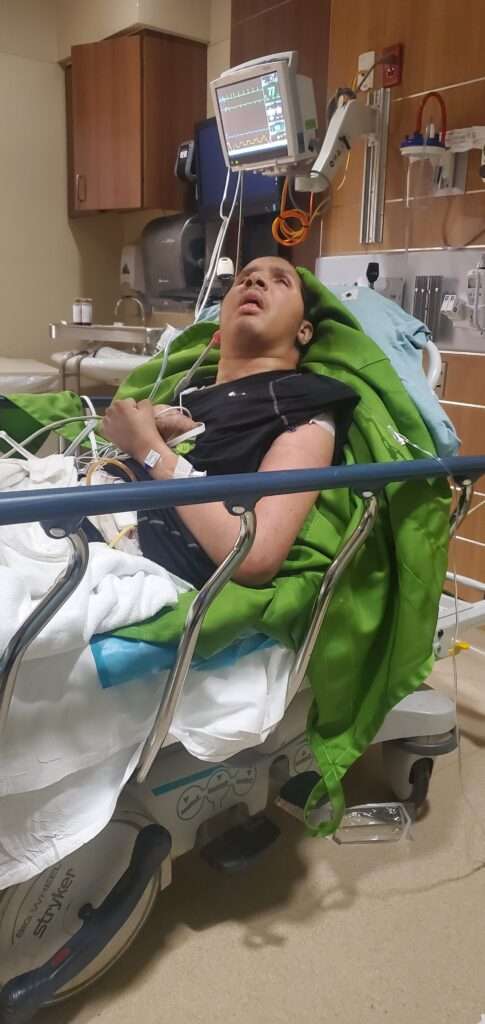Each March, we recognize Traumatic Brain Injury (TBI) Awareness Month. The goal is to help people understand TBI—what causes it, its symptoms, and how recovery works—while offering support to those living with its effects. Every nine seconds, someone in the U.S. sustains a brain injury.
A TBI happens when an external force disrupts the brain’s normal function. These injuries can range from mild (like a concussion) to more serious levels, such as moderate or severe. A TBI can occur in many ways—falling (which is the most common cause of concussions), car accidents, being hit during sports, assaults, and more.
A TBI can change how someone thinks, feels, and acts. When interacting with someone who has a TBI, here’s what to keep in mind: First and foremost, they’re a person, not just their injury. Every brain injury is different, and its effects are unique to each individual. The impact of a TBI can vary, depending on factors like how it happened, where the injury occurred, and how severe it is. A TBI doesn’t just affect the person who has it—it also impacts their loved ones.
The Jorden family experienced the devastating impact of a TBI on June 11, 2010. Fifteen-year-old Seanton Jorden was at a friend’s house playing video games when another friend, who had come over to join them, shot him in the head with a pellet gun. The gun had been left unsecured in the room, and the incident left Seanton with a TBI.

Q&A With the Jorden Family:
Can you describe the emotional journey that you’ve been through as a family since the incident? It’s been an emotional roller coaster, to say the least. From the shock and disbelief to the harsh reality of the injury, we’ve felt extreme grief. Our faith has had its highs and lows along the way. Now, our thoughts are filled with hope and anticipation as we focus on the success of the 2023 stage production and recent book. We dream of a world where people think about gun safety and TBI in a new way because of our story.
What have been some of the biggest challenges you’ve faced in caring for your son with a TBI? The toughest part is that our son can’t communicate with us, which makes taking care of him hard. We’ve been handling everything mostly on our own, with hardly any nursing support. Keeping him healthy is a daily challenge because his condition is so delicate. We deal with things like preventing bedsores, pneumonia, and sepsis, managing spasticity, and ensuring his tube feedings go smoothly—it’s all part of our routine. By God’s grace, we’ve managed to get through it so far.
How has your son’s injury affected your family dynamics and relationships? It’s changed everything. Our son requires 24/7 care, so someone always has to be with him. Everyday things, like Latrice and I going to dinner or even running errands together, have to be planned, which can be tough. The dynamics of a brother and sister relationship, and even our relationship with Seanton, have changed. It’s hard to accept that the future I hoped for—him having a family of his own and carrying on my name—is no longer possible.
Can you share an estimate of the medical costs that come with caring for a loved one with a TBI? The costs are overwhelming. Within the first year after the injury, the expenses were close to a million dollars. Now, almost 15 years later, with countless hospital stays, ER visits, home medical supplies, nursing help in the home, and administrative costs, the total is likely in the millions.
What do you wish others knew about TBI and its impact on individuals and families? I wish people understood how important it is to take care of yourself. It’s easy to put yourself last when you’re focused on caring for a loved one with a TBI. But your spiritual, mental, and physical health matters too. Staying connected to your faith, leaning on your church or support groups, going to therapy, exercising, and eating well are all essential. Taking care of yourself helps you take better care of your loved one.

Since their experience, the Jorden family has made it their mission to promote gun safety and responsibility. They’re not against gun ownership, but they firmly believe in their message, “Secured Guns Are Safe Guns,” encouraging responsible storage to prevent tragedies. By sharing their personal story, they hope to spare other families from facing a similar situation.
The Jordens are also raising awareness about the importance of helmets for our young people. Thousands of children suffer from a TBI or facial injury each year from activities like cycling, snowboarding, and other recreational sports. At community events, the Jordens emphasize the need for properly fitting helmets to keep children safe.
To access helpful resources and support for TBI, visit www.biausa.org. If you’d like to read the Jorden family’s story of resilience and faith, check out Devon Jorden’s book, Waiting Room: The Seanton Jorden Story. You can order it at www.seantonsstory.com or through Amazon, Barnes & Noble, and Walmart.
Source: biausa.org, healthychildren.org
Dawn Paul, also known as The Dr. Dawn®, is an award-winning media personality, public speaker, certified life coach, author, and entrepreneur. She has extensive experience in writing, reporting, and editing for the Black press.










